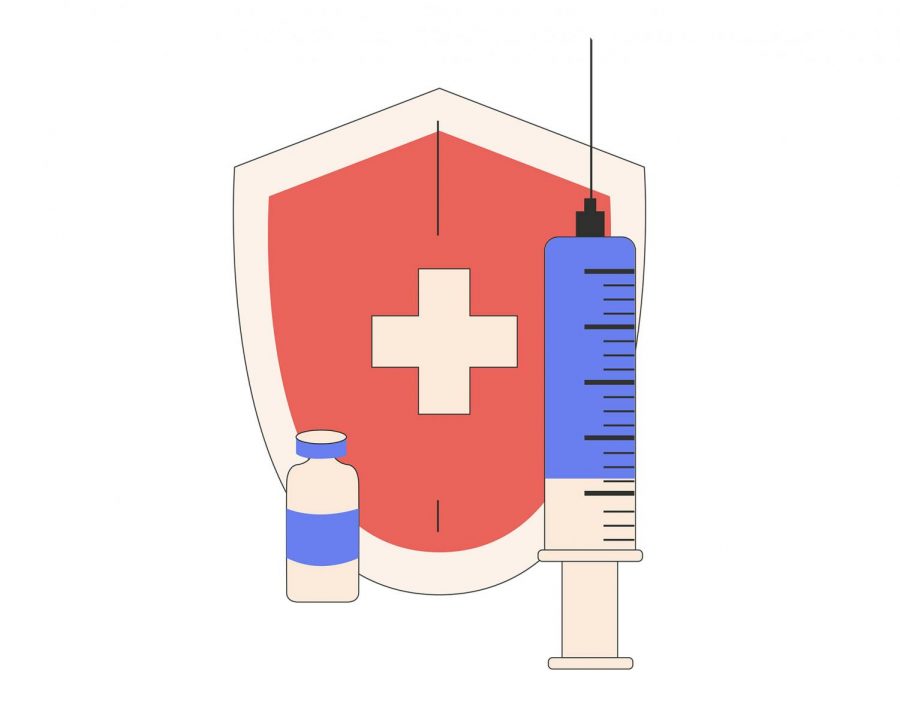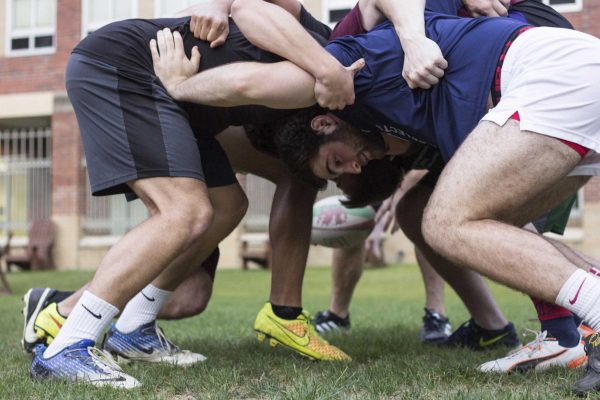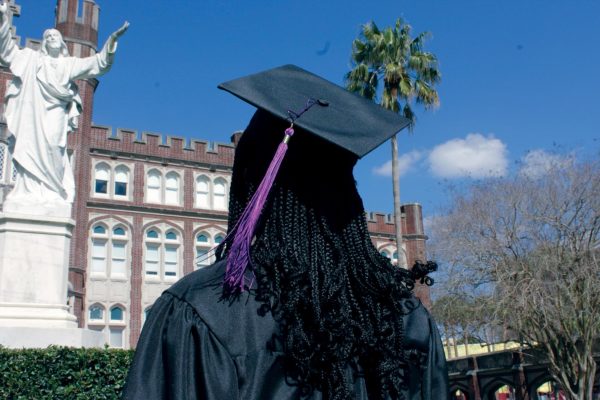Column: COVID vaccines are safe and necessary
February 26, 2021
We all have different opinions, which makes our world colorful and diverse. However, I believe we all share the same opinion on one topic— we all want the coronavirus pandemic to end. We all want to return to normal campus life. Soon we will be able to make huge strides in accomplishing this goal. We can do this by getting vaccinated for COVID-19. The vaccine is here in Louisiana and vaccination efforts have been initiated. Loyola is actively preparing to administer the vaccine to our campus community whenever it becomes available in accordance with our state guidelines.
There are many questions and misconceptions regarding this new vaccine. It can be difficult to determine which sources of information are trustworthy. The CDC website is the most reliable source.
Is the COVID-19 vaccine safe?
Yes. According to the CDC, the COVID-19 vaccines available in the U.S. have undergone the most intensive safety monitoring in U.S. history. More information on the safety of the vaccine is located here Ensuring the Safety of COVID-19 Vaccines in the United States.
How can it be safe when it was developed so quickly?
Safety measures and steps were not skipped, but some testing processes were done together to speed up the process. The production also moved quickly because the science and technology for this development has been ready for years in preparation for outbreaks of infectious diseases. The messenger RNA technology used for these vaccines is a faster approach than the older vaccine development. There were many other factors that helped push faster production, such as adequate government funding and social media helping obtain research participants.
How effective are the vaccines?
The two vaccines available now are 94-95% effective.
Can I get COVID-19 from the vaccine?
No. The vaccines do not have any live viral or infectious materials.
Does the vaccine alter a person’s DNA?
No. There is no way for the vaccine to interact with DNA in any way. This messenger RNA (mRNA) vaccine never enters the nucleus of the cell, which is the location of DNA.
Does the vaccine affect fertility in women?
No. All scientific evidence suggests that the vaccine is safe and does not cause infertility in women. It is actually recommended that women contemplating pregnancy and pregnant women should receive the vaccine.
Getting vaccinated will greatly protect a person from getting sick with COVID-19. The vaccine teaches the immune system how to recognize and fight the virus. COVID-19 is very unpredictable and affects everyone differently. It does not discriminate against age, race or health status. Unfortunately, no one can predict how the virus will affect them. Many people only have mild illness, but many have severe illness, which can include long-term health problems and even death. Let’s get back to normal while keeping our campus community safe and healthy! Let’s fight this together and get vaccinated!














